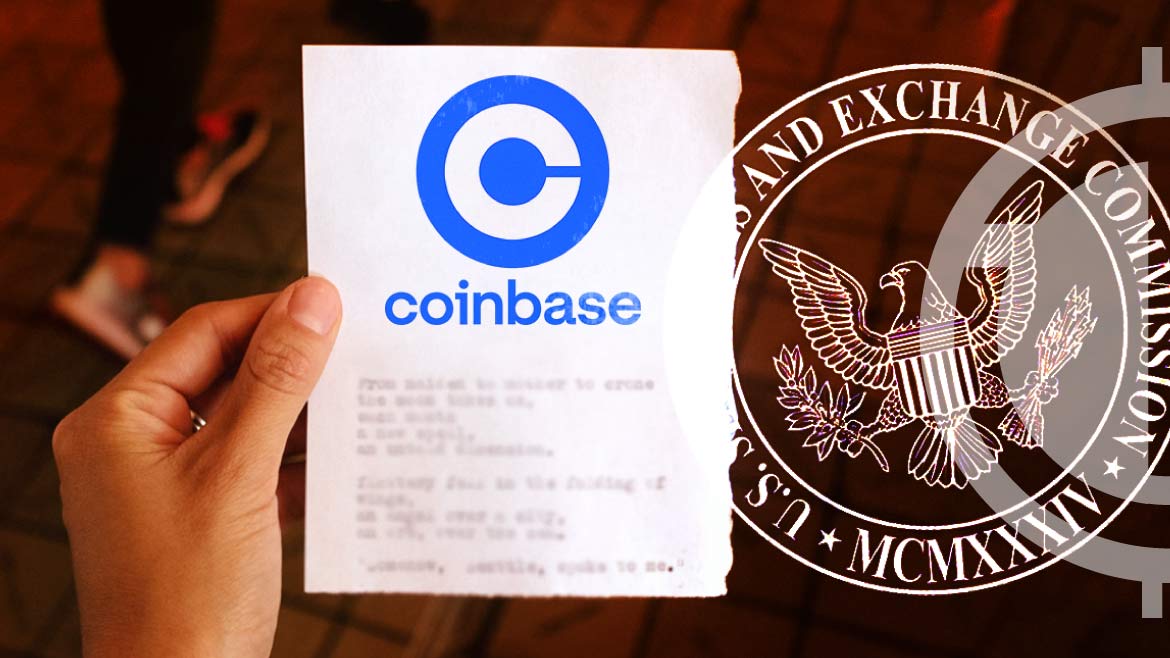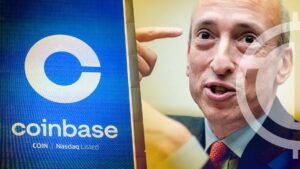
Coinbase, the United States’ largest digital asset exchange, has formally filed a motion to dismiss the Securities and Exchange Commission’s (SEC) lawsuit against it. The motion was filed with the United States District Court for the Southern District of New York.
The SEC initially filed the lawsuit on June 6, accusing Coinbase of operating as an unregistered securities exchange, broker, and clearing agency. The lawsuit also alleged that Coinbase failed to register the offer and sale of its digital asset staking-as-a-service program.
In its motion against the SEC, Coinbase argued that the regulators had overstepped its regulatory boundaries. The exchange’s motion, known as a ‘Judgment on the Pleading,’ contended that the SEC’s claims fall outside its delegated authority. Coinbase’s Chief Legal Officer Paul Singh Grewal had previously expressed the hope that the lawsuit would force U.S. regulators to establish clear and understandable guidelines for the crypto industry.
Coinbase further elaborated that transactions involving 12 specific tokens identified by the SEC, including SOL, ADA, SAND, and VGX, are asset sales and do not qualify as investment contracts under the Howey test. According to the company, these tokens do not offer a contractual claim related to a business’s future profits or assets, thus falling outside the definition of securities.
The SEC has been facing challenges in court over its stance that most cryptocurrencies are securities. The agency’s position has been undermined by significant judicial rulings, and questions have arisen regarding the applicability of the “major questions doctrine.” This doctrine prevents federal agencies from regulating areas of great economic and political significance without specific Congressional authorization. The SEC has stated that Coinbase misapprehends the purpose and reach of this doctrine.
The SEC is expected to respond to Coinbase’s filing within 60 days, likely expanding on a previous summary of its opposition sent to the judge. The initial pre-trial and pre-motion conference was held on July 13, where Coinbase was granted permission to proceed with its motion for judgment on the pleadings.
Amidst this, Elon Musk and Mark Cuban filed a joint amicus brief with the U.S. Supreme Court, challenging the SEC’s practice of conducting internal trials without juries. The legal action was set against the backdrop of the SEC v. Jarkesy case, where the plaintiff claims that his Seventh Amendment rights were compromised by the SEC’s internal adjudication process.













